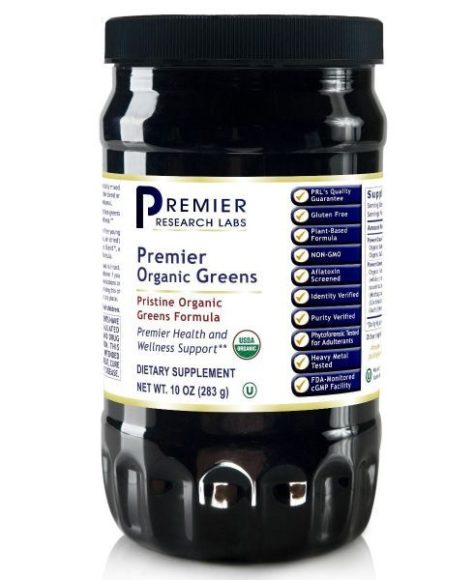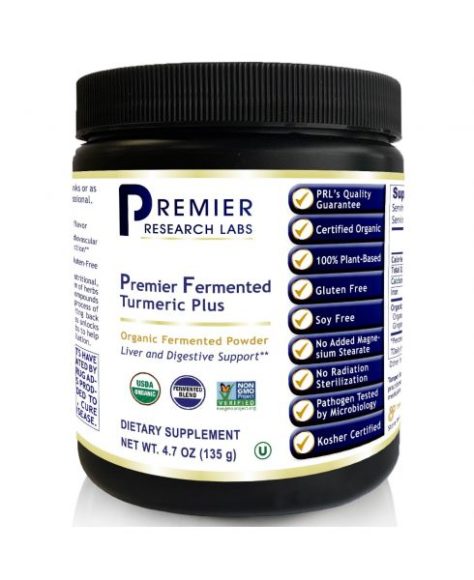Do we need to take vitamins and mineral supplements? This is the million-dollar question. All metabolic processes from the brain to the toes are dependent on vitamins, minerals, antioxidants and plant botanicals. Every human cell relies on live-source vitamins and minerals to perform its daily functions. Still, if I were asked that question 100-plus years ago, I would have replied “Most likely not.” However, over the years, traditional farming methods have led to over-farmed land for the sake of profit. Without proper crop rotation, the soil loses significant amounts of nutrients resulting in nutrient-depletion in our food. Eating food that is so depleted reduces our energy levels, promotes immune dysregulation and significantly contributes to mental illness. At the very least, all of us should be consuming organically and biodynamically grown food.
Local organic farmers’ markets carry produce that contains far more nutrients than store-bought produce. Vitamins and minerals diminish quickly when stored either in refrigeration or at room temperature. For this reason, we all need to supplement our diet with vitamins and minerals as our food falls short of our dietary needs. Chronic stress and illness drain us of B vitamins, vitamin C, magnesium, zinc, protein, etc. When supplementing food with a multivitamin, make sure to use one that is whole-food based. At least 95% of vitamins and minerals available on the market are synthetic, highly heated and create more digestive distress. To achieve optimal health, it is critical to establish and maintain an ideal body tissue PH. Without regular intake of highly bio-available minerals, maintaining an ideal alkaline urinary PH is impossible. This is a major factor affecting bone and joint health. There would be far fewer hip, back and knee surgeries if bones and joints received high-quality nutrients to remain healthy and strong, especially during sports activities and aging.
Several scientific studies confirm that vitamin D3 helps modulate the inflammatory response during times of immune stress, especially in these last two years of Covid. When getting vitamin D3 levels tested in lab work, the recommendation is to be on the upper end of the range. Labs use a range of 30 to 100. Maintaining a range of 80 to 100 is crucial for a healthy immune system.
While prescription medications may have lifesaving benefits, the top 100 drugs prescribed in the U.S. have been shown to deplete a variety of vitamins and minerals — and that’s just for starters. Indeed, at least 30% of pharmaceutical side effects are the result of drug-induced nutrient deficiencies. Furthermore, these nutrient deficiencies can cause additional side effects, some of which can be life-threatening. Focusing on nutritious, whole-plant-based foods and supplementing with evidence-based, high-quality nutraceuticals enhance drug performance. Nutritional supplements reduce adverse side effects and improve therapeutic efficacy and clinical outcomes. As the name implies, supplements should be included to complement a healthy well-balanced diet of protein, healthy fats and starches as well as raw fresh fruits and vegetables.
Dina Khader, MS, RD, CDN, owner of The Khader Center in Mount Kisco, is a registered dietitian and integrative nutrition consultant with more than 32 years of experience helping people find optimal health through nutrition. For more, visit dinakhader.com.


